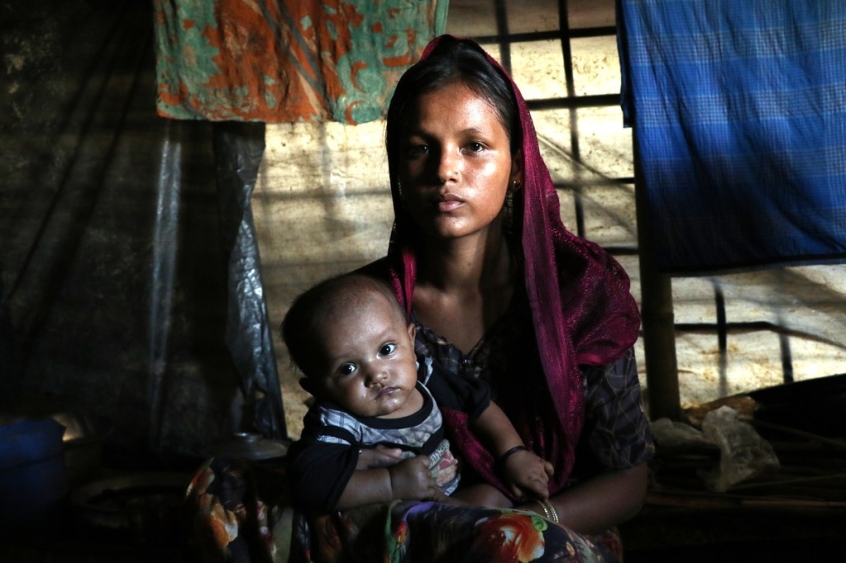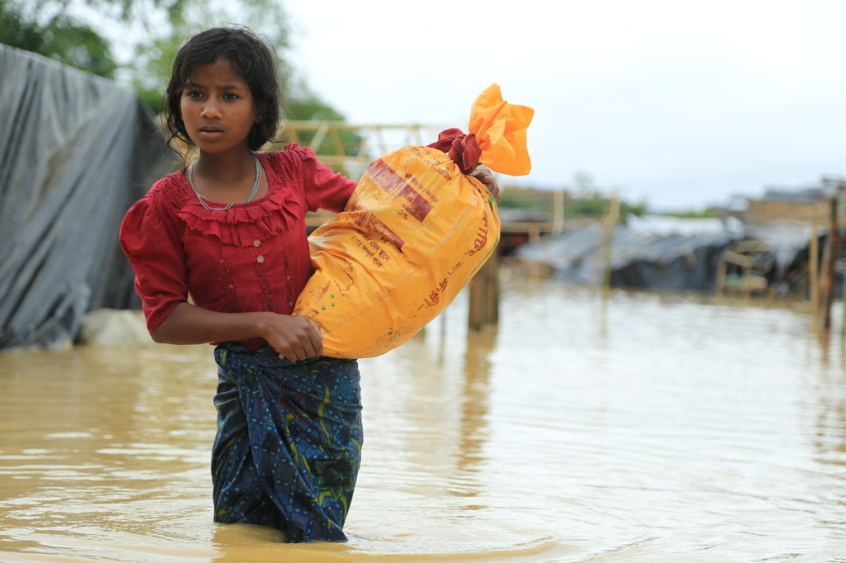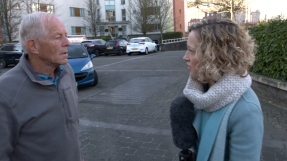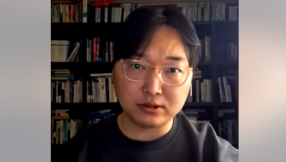Refugee children in Bangladesh's camps are at risk of being trafficked, sexually abused or exploited, children's charity World Vision has warned.
Since late August, 605,000 Muslim Rohingyas have crossed the border from Myanmar to Bangladesh, driven out by what the UN has said is a textbook example of ethnic cleansing. As many as 60 per cent of these are children and many have been separated from their parents.
World Vision spokeswoman Tanzina Akter said: 'Child protection issues are at the centre of the refugee crisis which include child marriage and child exploitation, and human trafficking. As different child trafficking groups are active in the region, children and adolescents, especially girls are vulnerable to trafficking.'

According to the UNHCR, international donors have pledged US$344 million to help deliver critical humanitarian assistance to refugees and host communities in Bangladesh.
'We need to see a commitment within this funding to address the specific issue of protecting children, keeping them safe and out of reach of those who would prey on them,' said World Vision's Jared Berends.
World Vision cites the example of 'Razia' (not her real name) whose four-year-old daughter 'Fiza' was almost taken by a stranger in the middle of the night.
Razia and her husband tried their best to provide a secure space for their children, but with only a thin sheet of plastic, it is impossible to keep the danger out.
'There are no permanent walls on the sides of the tent. From one side it's completely open. The shelter walls are so thin anyone can rip it open,' Razia said.
'That night was the most shocking. It was dark but the moon radiated some light. We were all asleep. I keep the little one in the middle and the older children sleep on the sides. A man entered our tent from the side of the tent and picked up my four-year-old.'

Luckily her elder daughter, seeing a silhouette of a stranger, let out a loud scream and woke up the family.
'When my daughter screamed, we all got up. The intruder left the child and ran. We were unable to catch him,' said Razia.
'We left to keep our children safe from the violence but after the incident we feel more vulnerable. We keep the children at home most of the time.'
'Razia's experience gives us an insight into the danger facing all children, but especially those who have been separated from their parents,' says Berends.
'It takes being aware of the real risks facing refugee children, and taking intentional steps to scale up programmes to protect them.'













